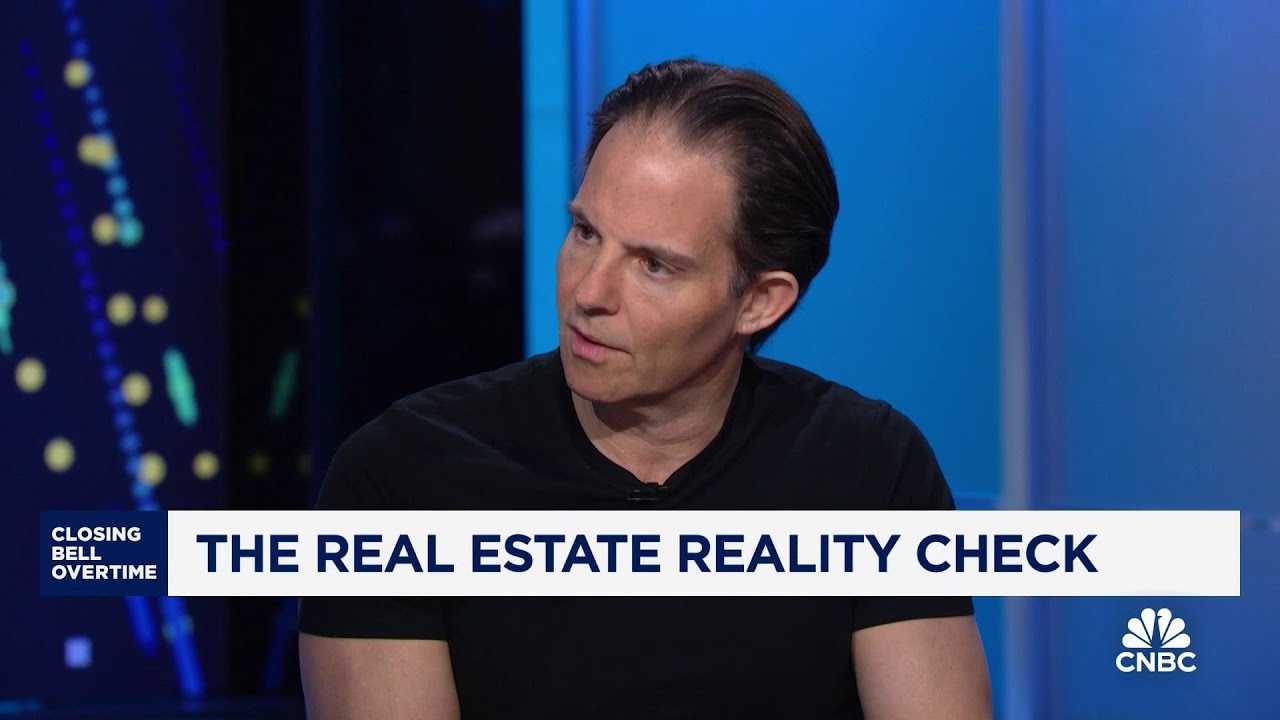Michael Shvo, CEO of Shvo, discussed the resilience of the luxury real estate market in San Francisco amidst challenges faced by lower-tier office spaces due to remote work trends. He highlighted that AI companies are driving demand for office space, accounting for nearly 20% of requirements, and expressed optimism about the future of AI’s impact on commercial real estate despite potential external challenges.
In a recent discussion, Michael Shvo, CEO of luxury real estate development firm Shvo, shared insights on the current state of the commercial real estate market, particularly in San Francisco. He noted a clear divide between the luxury segment, which remains robust, and the commodity market, particularly lower-tier office spaces that have struggled since the COVID-19 pandemic. While the luxury market has shown resilience, the office sector, especially B and C class properties, continues to face challenges due to the lasting impact of remote work.
Shvo highlighted his firm’s strategic investments during the pandemic, acquiring high-value properties like the Transamerica Pyramid when many were hesitant about the office market’s future. He pointed out that recent mandates for employees to return to the office, both from the federal government and local authorities in San Francisco, have contributed to a recovery in office occupancy rates. He emphasized that well-designed office environments are attracting tenants willing to pay premium rents, indicating a positive trend for high-quality office spaces.
Interestingly, Shvo mentioned that AI companies now account for nearly 20% of office space requirements in San Francisco, primarily driven by early-stage startups. This trend contradicts the common perception that AI would reduce the need for physical office spaces. He referenced a KPMG report indicating that a significant majority of CEOs believe San Francisco offers the best talent pool for tech, with many planning to expand their commercial footprints in the coming months.
Despite concerns about the sustainability of this growth, Shvo expressed optimism about the future of AI and its potential to drive further expansion in the commercial real estate sector. He compared the current AI landscape to the early days of the internet, suggesting that we are only beginning to understand the transformative power of AI and its implications for the market. This perspective challenges the notion that technological advancements will lead to a diminished need for human labor in the workplace.
Finally, Shvo addressed potential challenges posed by external factors such as elevated interest rates, immigration policies, and tariffs on construction materials. He acknowledged that these issues could impact the commodity market more significantly, particularly for home builders operating on thin margins. However, he remains confident that the luxury segment, characterized by higher income and sales prices, will continue to thrive despite short-term challenges, indicating a positive outlook for high-end real estate investments.
